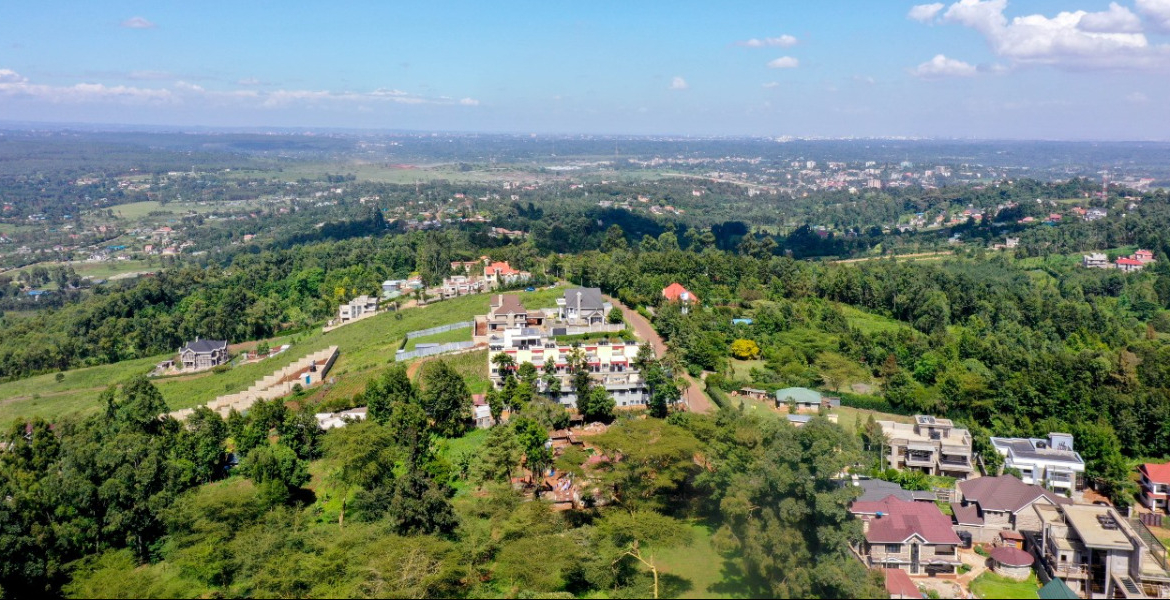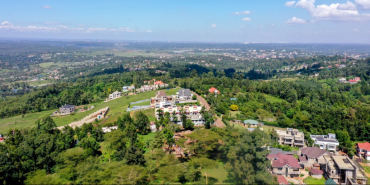Why Investors are Shifting Their Savings from Banks to Real Estate

Rising inflation and unstable currency markets are pushing many investors to reconsider where to keep their money, with real estate emerging as a stronger and more reliable option than traditional savings accounts.
Property investment is gaining ground among middle-income earners and young professionals, not just as a sign of financial progress but as a practical way to protect wealth. Unlike cash held in banks, which loses purchasing power when inflation exceeds interest rates, land and property tend to maintain or increase in value over time.
Reuben Kimani, co-founder and Board Chairman of Username Investments, highlights this difference. “The Sh1,000,000 you deposit today may look unchanged after five years, but its real-world value will have shrunk considerably,” he explains. “Conversely, land acquired with that same amount is likely to appreciate, especially in high-demand areas near Nairobi, Nakuru or other growing urban centres.”
As savings accounts typically yield between 2 and 6 percent annually, many investors are turning to property markets where both rental income and capital gains are higher. Apartments in satellite towns such as Ngong, Syokimau and Kitengela can offer rental returns of 7 to 10 percent each year, far surpassing traditional bank returns.
Beyond protection against inflation, real estate offers two major advantages: steady income and long-term value growth. As cities expand and infrastructure improves, land prices generally rise. This trend is clear in areas such as Kikuyu, Kisumu and Ngong, where development has driven consistent appreciation.
Kimani describes land as “a physical, immovable asset that cannot be replaced,” viewing it as a stable foundation for building generational wealth. Property ownership also gives investors greater control over their assets. Value can be enhanced through construction, leasing, or redevelopment, options unavailable to bank depositors.
“You can build, lease, subdivide or even use the land as collateral,” Kimani notes. “And with a valid title deed, your investment is not only secure but legally transferable.”
This flexibility extends to how land can be used. It may serve residential, commercial, agricultural or leisure purposes, allowing investors to adapt to market trends while preserving long-term value.








Add new comment